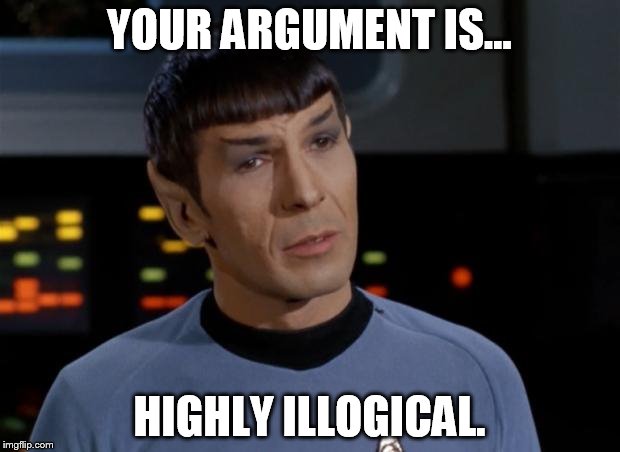Ella S.
Well-Known Member
I thought a post like this might clarify some things, or perhaps obfuscate them further.
A distinction must be made between the God of Classical Theism and the God of Classical Gnosticism. The former is a personal agent that creates, giving it the nickname of "the Father." The latter is a substance that emanates, giving it the nickname of "the Monad."
The Monad is not necessarily sentient, so any time it's said to do something, this is a personification. It doesn't make choices. It "does" things in the same way that evolution, gravity, or death does things, not in the way a person makes choices.
The Gnostics were generally more concerned with an internal and mystical understanding of God as the Monad, rather than as an external being who acts upon the world. As dualists, they also personified the physical, external world through the powers of the Demiurge, making a sharp distinction between the two substances of spirit and matter.
When Jung enters the scene, he has the pieces he needs to associate God with the Collective Unconscious, manifesting as the Self in the individual. He also associates the Demiurge, who he calls Abrasax, with the Collective Conscious, manifesting as the Persona or Ego in the individual.
Through this lens, while certainly not atheistic due to having a heavy bend towards mystical idealism, God and the Devil are better understood as psychological forces rather than beings or spirits.
A distinction must be made between the God of Classical Theism and the God of Classical Gnosticism. The former is a personal agent that creates, giving it the nickname of "the Father." The latter is a substance that emanates, giving it the nickname of "the Monad."
The Monad is not necessarily sentient, so any time it's said to do something, this is a personification. It doesn't make choices. It "does" things in the same way that evolution, gravity, or death does things, not in the way a person makes choices.
The Gnostics were generally more concerned with an internal and mystical understanding of God as the Monad, rather than as an external being who acts upon the world. As dualists, they also personified the physical, external world through the powers of the Demiurge, making a sharp distinction between the two substances of spirit and matter.
When Jung enters the scene, he has the pieces he needs to associate God with the Collective Unconscious, manifesting as the Self in the individual. He also associates the Demiurge, who he calls Abrasax, with the Collective Conscious, manifesting as the Persona or Ego in the individual.
Through this lens, while certainly not atheistic due to having a heavy bend towards mystical idealism, God and the Devil are better understood as psychological forces rather than beings or spirits.

